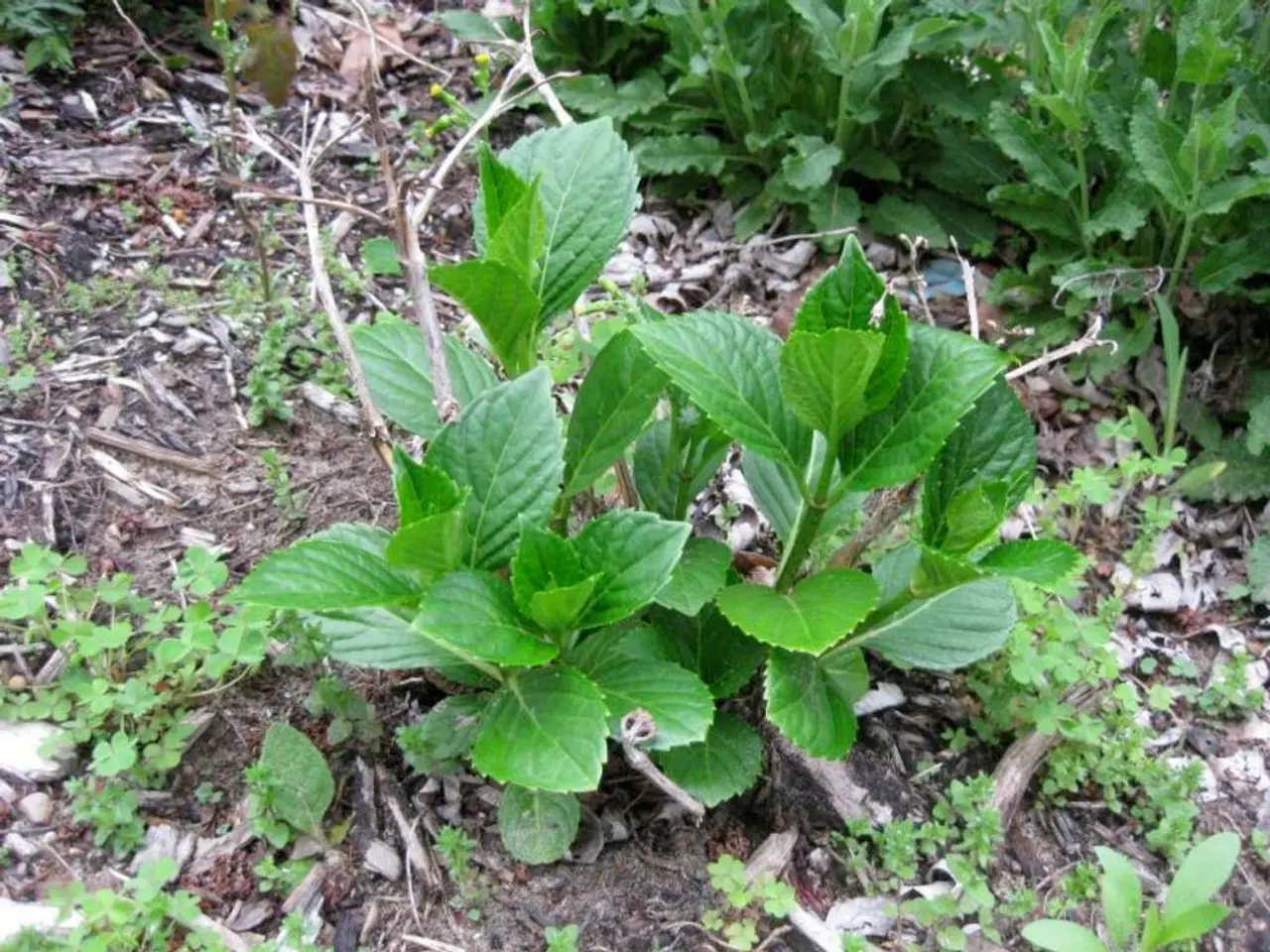Essential Steps for a Newcomer in Cultivating a Herb Garden
Growing a small herb garden can be a rewarding experience for gardeners of all skill levels. Here are some hardy herbs that thrive with minimal attention, suitable for both small pots and in-ground gardens.
Chives
Chives are very hardy and easy to grow. They prefer rich, well-drained soil with a pH around 6.5–7.0. Chives do best in full sun but tolerate partial shade and need regular watering without waterlogging. Chives die back in winter but return in spring; division every few years helps maintain vigor.
Thyme
Thyme is a hardy herb that thrives in full sun and dry, gritty, free-draining soil. It is drought-tolerant and ideal for neglectful gardeners. Thyme can be grown in tight spaces such as cracks or pots and benefits from raising pots in winter to avoid root rot. Propagation is easiest via softwood cuttings.
Rosemary
Like thyme, rosemary prefers full sun and well-drained soil. It is drought-tolerant but should be watered regularly during dry spells. Rosemary can be started in fall in mild climates.
Chamomile
Chamomile comes in two main types. German chamomile is an annual that is low-maintenance and grows well from seed. Roman chamomile is a perennial that tolerates frost down to about -15°C (5°F), good as ground cover. German chamomile should be harvested in fall for drying teas.
Oregano
Oregano is a perennial herb native to Greece and Italy, growing well in sunny locations with well-draining soil. It is hardy and easy to maintain.
Tarragon
Tarragon is a perennial herb with a licorice flavor used in French cooking. It prefers sunny spots and tends to come back year after year once established.
Other Hardy Herbs
Some easy-to-grow, hardy herbs suitable for a small herb garden include chives, thyme, rosemary, chamomile, oregano, and tarragon. Other hardy herbs suitable for herb gardening include mint, parsley, sage, and tarragon.
General Care Tips
Most hardy herbs benefit from well-drained soil, full sun exposure (at least 6 hours daily), minimal but consistent watering to prevent root rot, periodic division or pruning to maintain health and productivity, and protection from extreme cold in pots by elevating them or providing shelter.
Specific Care Instructions
- Parsley: Grow new leaves from the center, requiring removal of the oldest branches to encourage new growth.
- Mint: Prefers light, well-drained soil and thrives in the full sun with protection from burning.
- Sage: Needs more room to grow and should be spaced out at least 2 feet apart in-ground. Sage becomes less productive over time and should be replaced every 3 to 4 years for culinary purposes.
- Larger herbs may need to be transplanted into bigger pots as they grow.
- Soil preparation is important for herb gardening, with compact or lumpy soil needing to be loosened.
- Parsley seeds should be soaked in water overnight before planting for faster germination.
- Harvesting herbs involves trimming off a third of the branches as soon as the plants reach about 6 to 8 inches tall.
Herb gardens can be a great addition to any home, providing fresh herbs for cooking and a beautiful display of greenery. With these easy-to-grow hardy herbs, you can enjoy the benefits of herb gardening without the hassle of high-maintenance plants.
- In a small home herb garden, chives, thyme, rosemary, chamomile, oregano, and tarragon are hardy herbs that thrive with minimal attention, excellent for both small pots and in-ground gardens.
- General care tips for most hardy herbs include well-drained soil, full sun exposure, minimal but consistent watering, periodic division or pruning, and protection from extreme cold in pots.




